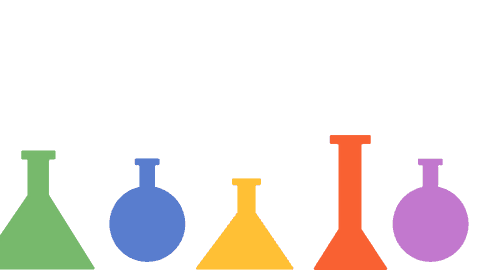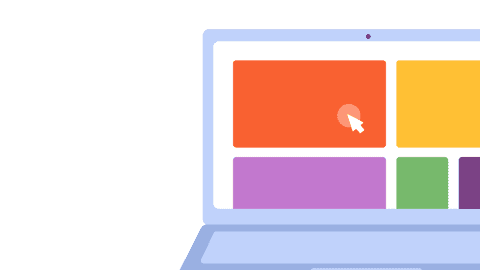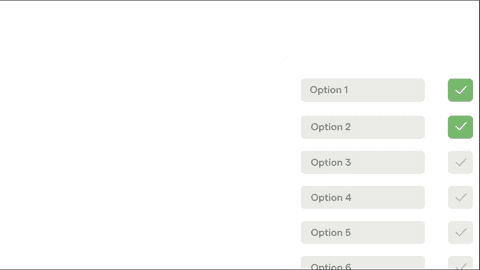Using PostHog
This section covers everything you need to know about using PostHog. If you're looking for help tracking events or deploying a self-host version of PostHog, visit the docs.
Don't see the answer you're looking for? Ask a question
Product manual
1. Product analytics
- Insights
Visualize your events and actions
- Group analytics
Track and analyze objects other than users
- Graphs & trends
Plot data from people, events, and properties
- Dashboards
Group and track important metrics
- Funnels
Inspect the journey of a user through your app
- Lifecycle
Understand when users drop-off
- Path analysis
Inspect how users journey through your product
- Stickiness
See your most engaged users
- Retention
Track how many of your users return
2. Visualize
3. Optimize
4. Data
- Actions
Combine multiple events into one
- Annotations
Leave notes on your charts for significant events and releases
- Cohorts
Create a list of users who have something in common
- Events
An events is any action a users takes in your product
- Data management
Keep events and properties organized
- Persons
Track and segment individual users
- Sessions
View all events a user performed across their visit
- UTM segmentation
Track the effectiveness of campaigns
5. Project settings
- Team collaboration
Tools for working together
- SSO (SAML)
One-click login with single sign-on (SSO)
- Organizations & projects
Organize your data and control access
- Role based access
Create roles to group team members and control access for features
- Settings
Organization controls, billing, and project configuration
- Toolbar
Like 'Inspect Element' but for user behavior
- Notifications & alerts
Receive updates from your insights an dashboards
Featured tutorials
Here's where we highlight interesting things you can do with PostHog.
Browse tutorials






